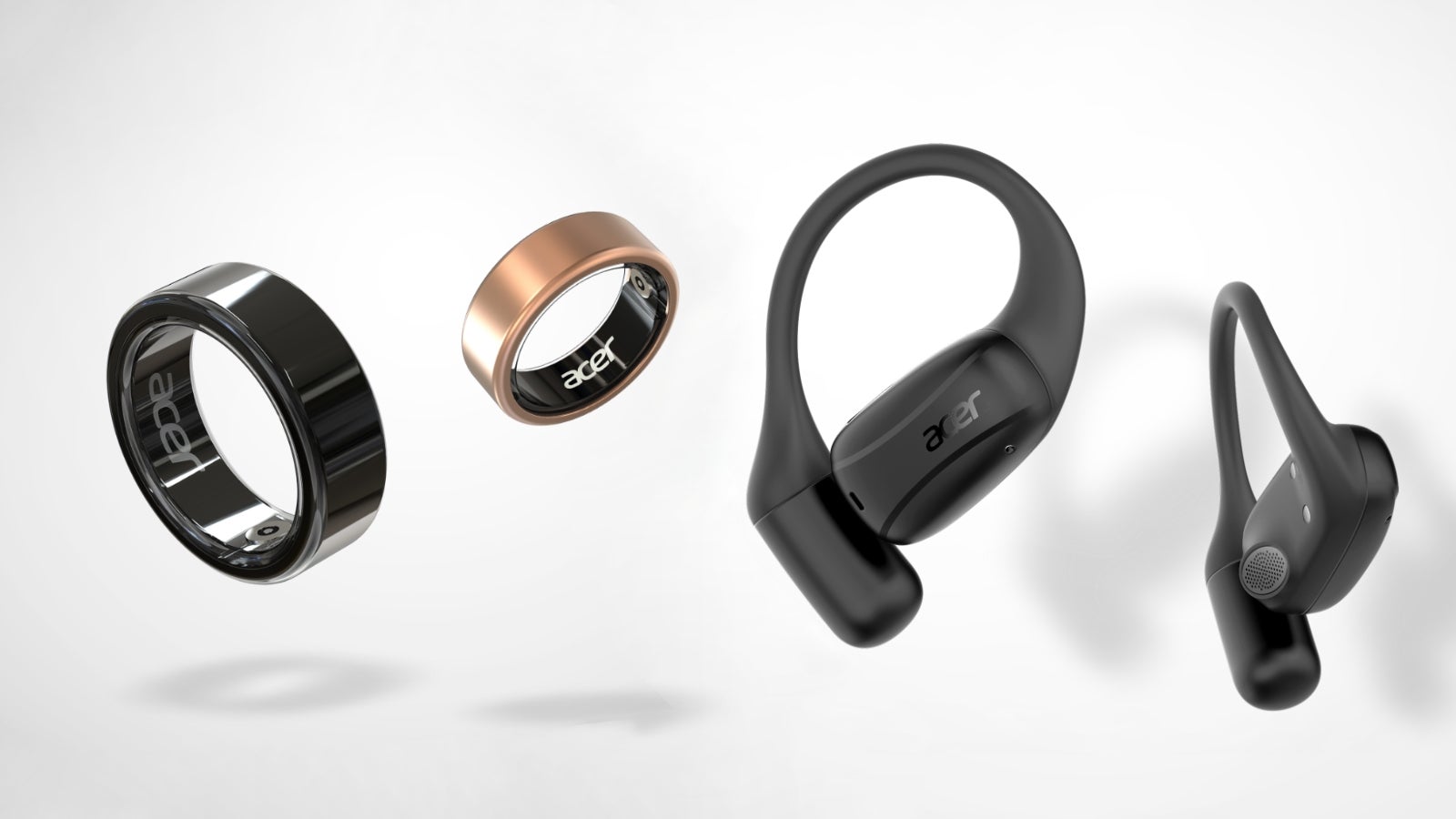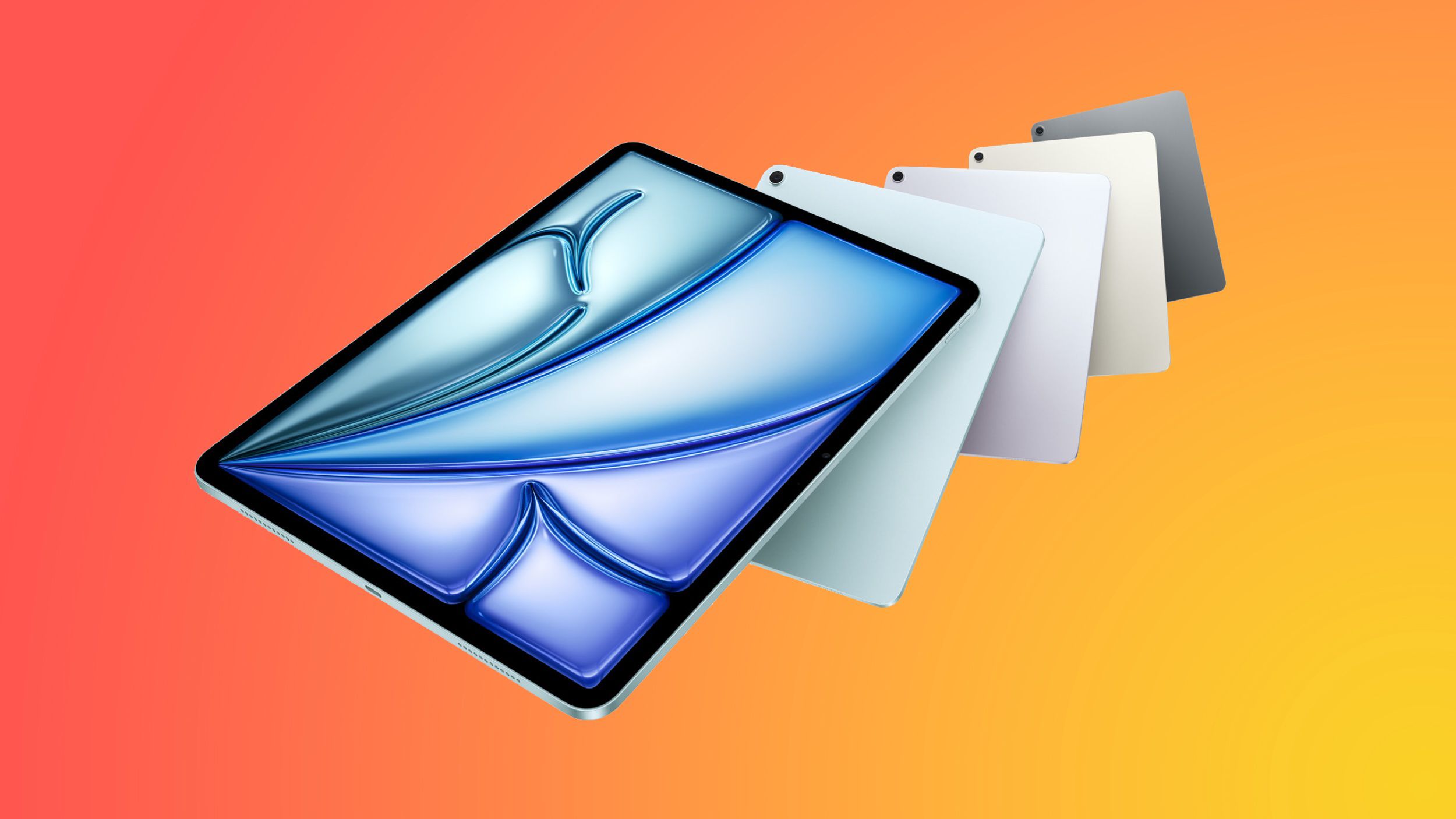iPhone 17 Air Could Debut Advanced Silicon Battery Tech
The upcoming all-new ultra-thin iPhone 17 Air could become the first Apple smartphone to adopt advanced battery technology, with Japanese supplier TDK preparing to ship its new generation of silicon-anode batteries by the end of June. According to DigiTimes, TDK CEO Noboru Saito revealed in a recent interview that the Apple supplier has accelerated its production timeline, moving shipments forward from the originally planned September quarter. That may give smartphone makers enough time to use the cells in thinner models launching this year, he suggested. "We've made good progress, and we're shipping them very soon," Saito said, adding that "some handset makers might be able to use the new battery in their product one generation early." The timing could be soon enough for Apple's expected September launch of the iPhone 17 Air, which is rumored to measure just 5.5mm at its thinnest point, according to Apple analyst Ming-Chi Kuo. TDK's batteries use silicon for anodes instead of the traditional graphite, allowing them to pack 15% more energy into the same space compared to conventional rechargeable battery packs. This advancement could be key to maintaining adequate battery life in such a slim form factor. Having said that, reports have been mixed regarding the iPhone 17 Air's potential battery performance. While The Information's Wayne Ma claimed the device will have "worse" battery life compared to previous iPhone models, Bloomberg's Mark Gurman offered a more optimistic outlook, stating that battery life would be "on par with current iPhones" thanks to hardware and software optimizations. Further supporting the possibility of decent battery life, Kuo recently mentioned in a blog post that the iPhone 17 Air will feature a "high-density" battery, although he didn't elaborate. The device is also rumored to incorporate Apple's power-efficient C1 modem and lack an Ultra Wide camera, potentially providing more internal space for a larger battery. Looking further ahead, a recent report from ETNews has suggested that Apple could adopt advanced silicon battery technology for its 2027 iPhone, marking the 20th anniversary of the iconic device. The next-generation battery could theoretically use pure silicon anodes, which can store up to 10 times more lithium ions per gram than current materials. TDK is already working on its fourth-generation silicon batteries, according to the company's CEO. "We plan to introduce fourth-generation silicon batteries sometime in the next fiscal year to widen our lead even further," said Saito, claiming that "mass-producing silicon batteries requires special know-how. It's not like you can do it by just putting the materials together." The 6.6-inch iPhone 17 Air is expected to replace the Plus model in Apple's 2025 lineup, and is likely to be announced in September, per Apple's typical fall release schedule.Related Roundup: iPhone 17 AirThis article, "iPhone 17 Air Could Debut Advanced Silicon Battery Tech" first appeared on MacRumors.comDiscuss this article in our forums


According to DigiTimes, TDK CEO Noboru Saito revealed in a recent interview that the Apple supplier has accelerated its production timeline, moving shipments forward from the originally planned September quarter. That may give smartphone makers enough time to use the cells in thinner models launching this year, he suggested.
"We've made good progress, and we're shipping them very soon," Saito said, adding that "some handset makers might be able to use the new battery in their product one generation early."
The timing could be soon enough for Apple's expected September launch of the iPhone 17 Air, which is rumored to measure just 5.5mm at its thinnest point, according to Apple analyst Ming-Chi Kuo.
TDK's batteries use silicon for anodes instead of the traditional graphite, allowing them to pack 15% more energy into the same space compared to conventional rechargeable battery packs. This advancement could be key to maintaining adequate battery life in such a slim form factor.
Having said that, reports have been mixed regarding the iPhone 17 Air's potential battery performance. While The Information's Wayne Ma claimed the device will have "worse" battery life compared to previous iPhone models, Bloomberg's Mark Gurman offered a more optimistic outlook, stating that battery life would be "on par with current iPhones" thanks to hardware and software optimizations.
Further supporting the possibility of decent battery life, Kuo recently mentioned in a blog post that the iPhone 17 Air will feature a "high-density" battery, although he didn't elaborate.
The device is also rumored to incorporate Apple's power-efficient C1 modem and lack an Ultra Wide camera, potentially providing more internal space for a larger battery.
Looking further ahead, a recent report from ETNews has suggested that Apple could adopt advanced silicon battery technology for its 2027 iPhone, marking the 20th anniversary of the iconic device. The next-generation battery could theoretically use pure silicon anodes, which can store up to 10 times more lithium ions per gram than current materials.
TDK is already working on its fourth-generation silicon batteries, according to the company's CEO. "We plan to introduce fourth-generation silicon batteries sometime in the next fiscal year to widen our lead even further," said Saito, claiming that "mass-producing silicon batteries requires special know-how. It's not like you can do it by just putting the materials together."
The 6.6-inch iPhone 17 Air is expected to replace the Plus model in Apple's 2025 lineup, and is likely to be announced in September, per Apple's typical fall release schedule.
This article, "iPhone 17 Air Could Debut Advanced Silicon Battery Tech" first appeared on MacRumors.com
Discuss this article in our forums








![Epic Games: Fortnite is offline for Apple devices worldwide after app store rejection [updated]](https://helios-i.mashable.com/imagery/articles/00T6DmFkLaAeJiMZlCJ7eUs/hero-image.fill.size_1200x675.v1747407583.jpg)








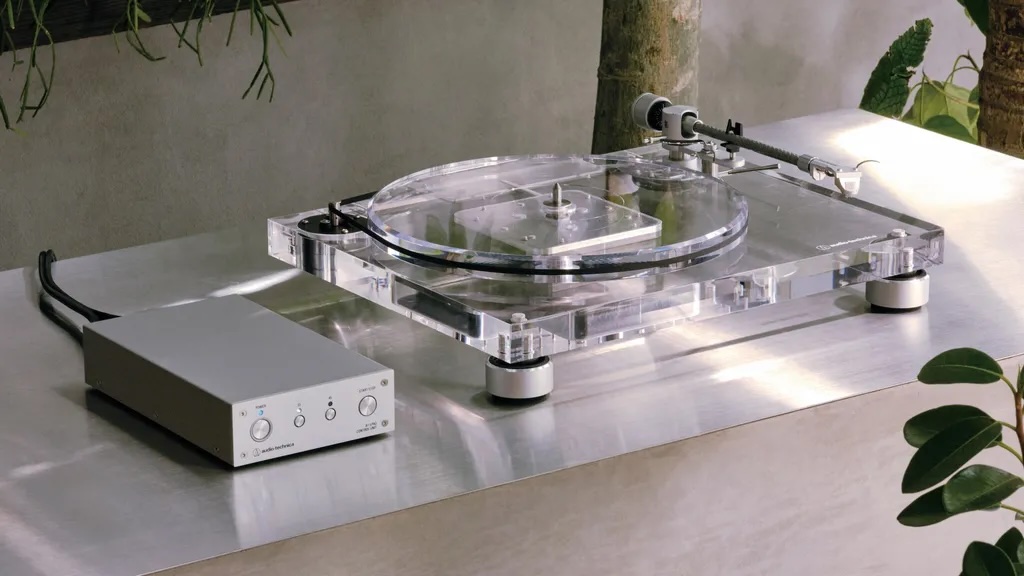
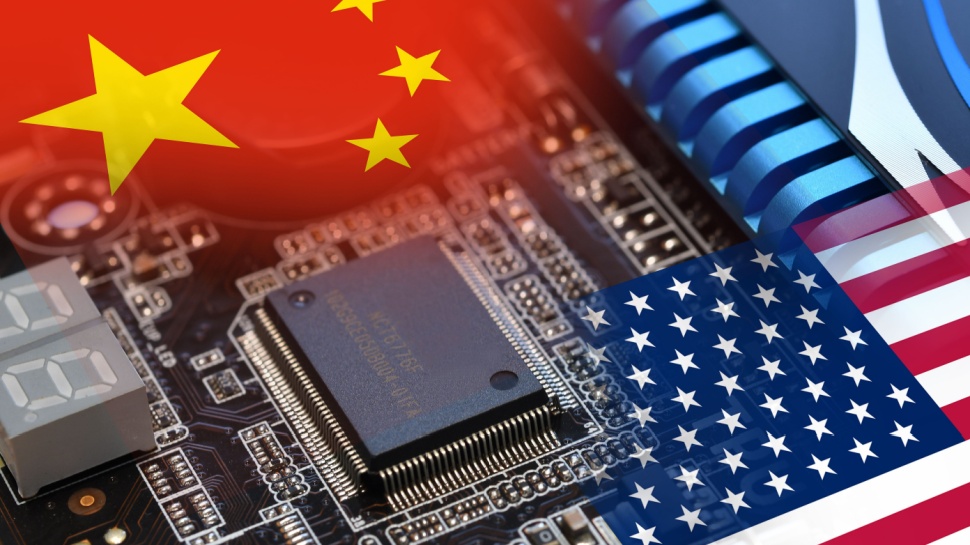
































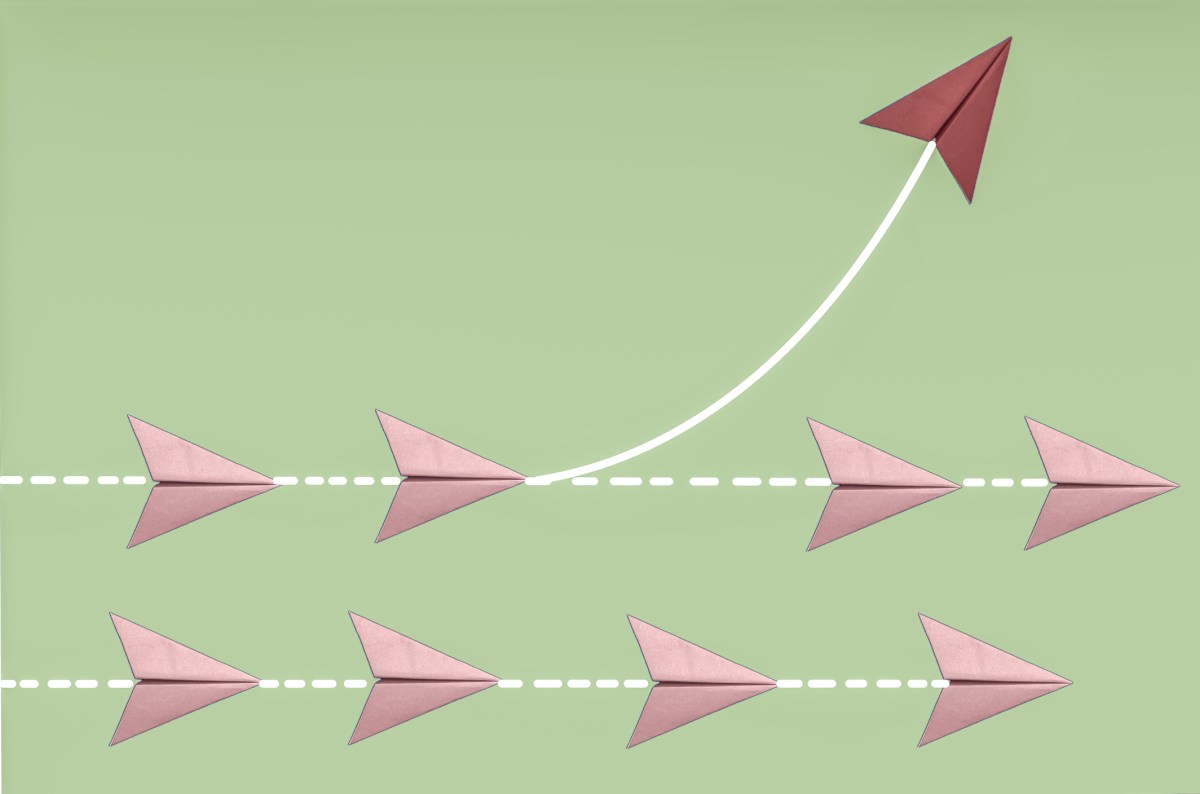












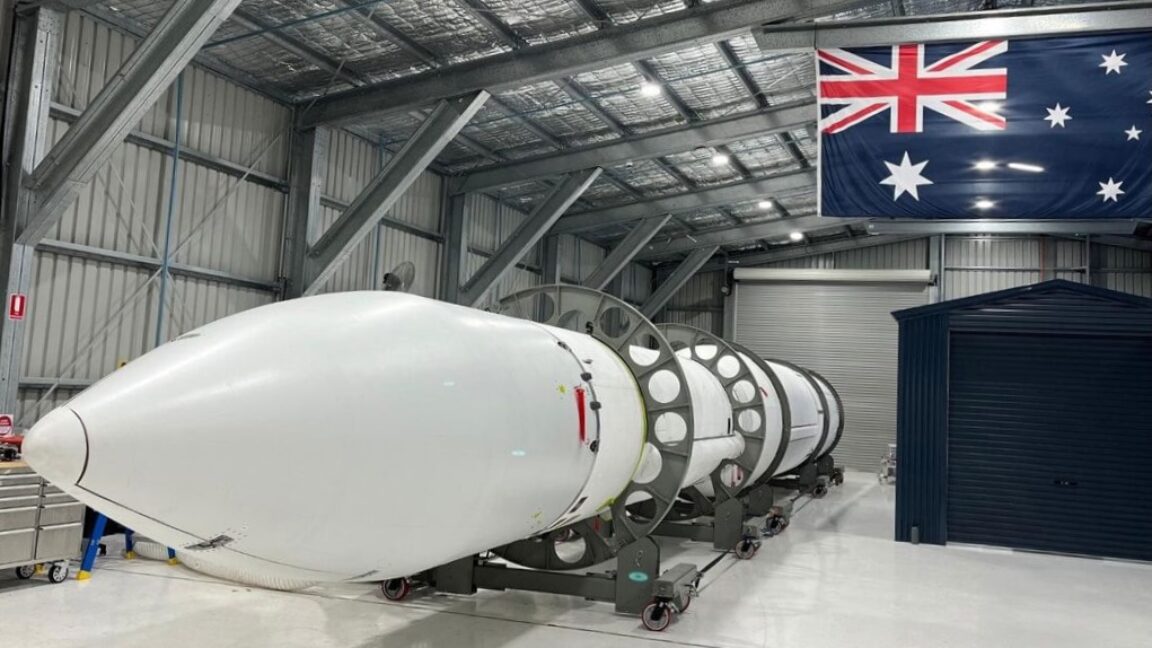







































































































![[The AI Show Episode 146]: Rise of “AI-First” Companies, AI Job Disruption, GPT-4o Update Gets Rolled Back, How Big Consulting Firms Use AI, and Meta AI App](https://www.marketingaiinstitute.com/hubfs/ep%20146%20cover.png)









































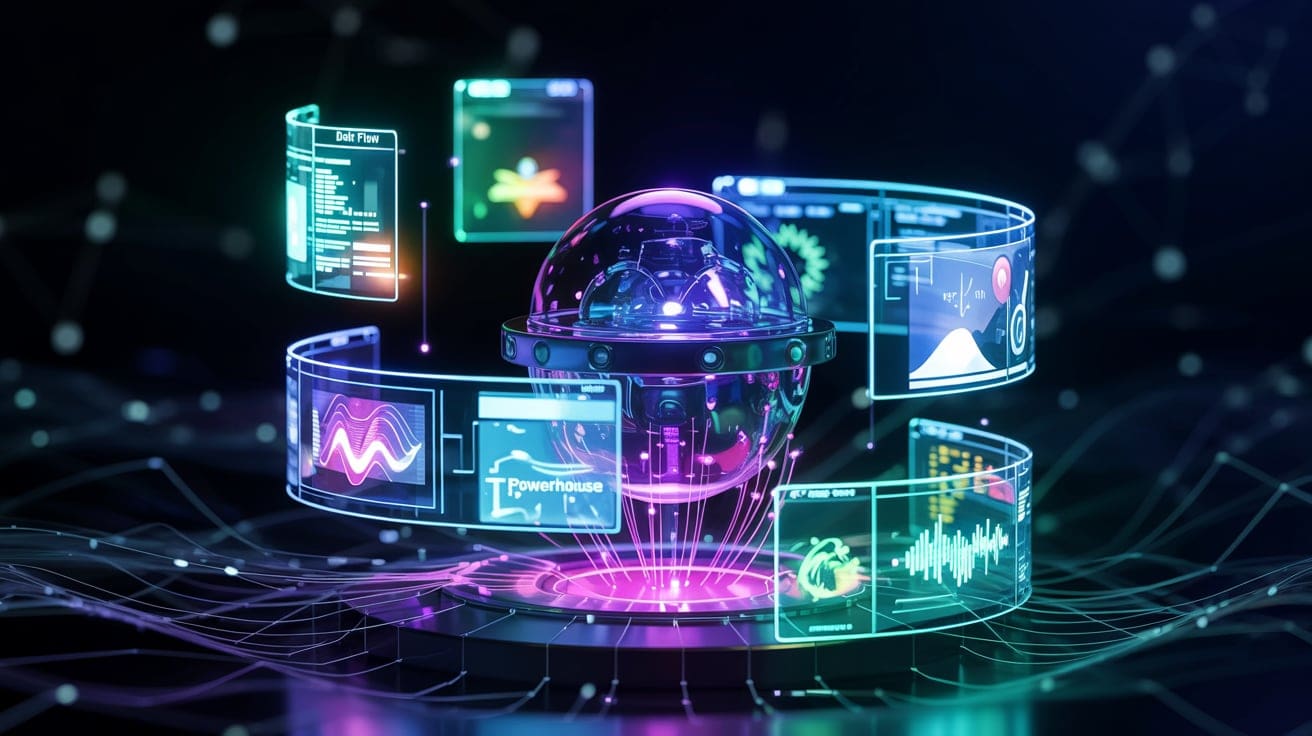







































































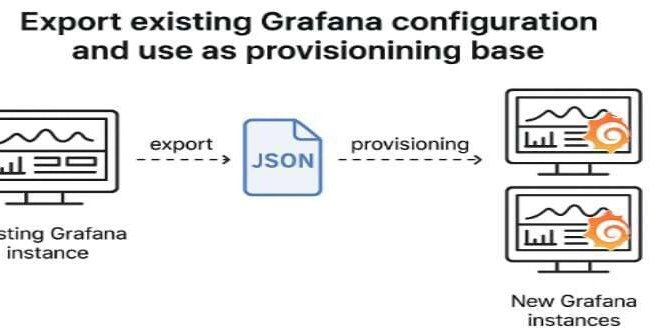































































































































.png?width=1920&height=1920&fit=bounds&quality=70&format=jpg&auto=webp#)











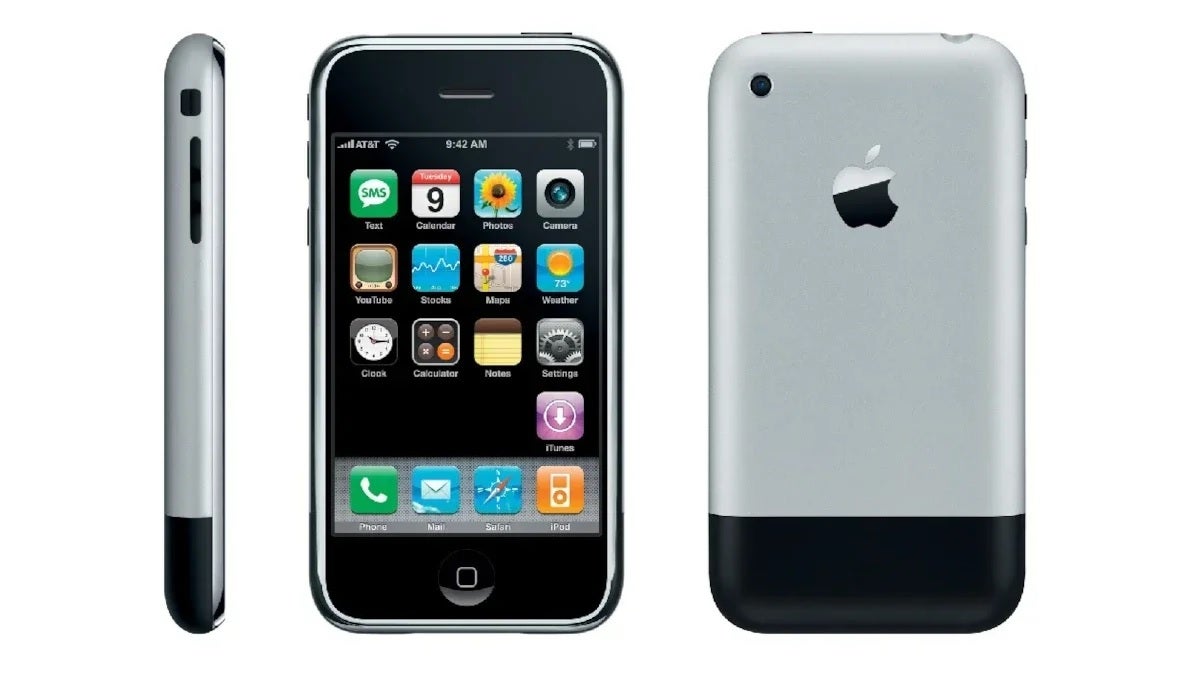











![[Virtual Event] Strategic Security for the Modern Enterprise](https://eu-images.contentstack.com/v3/assets/blt6d90778a997de1cd/blt55e4e7e277520090/653a745a0e92cc040a3e9d7e/Dark_Reading_Logo_VirtualEvent_4C.png?width=1280&auto=webp&quality=80&disable=upscale#)



































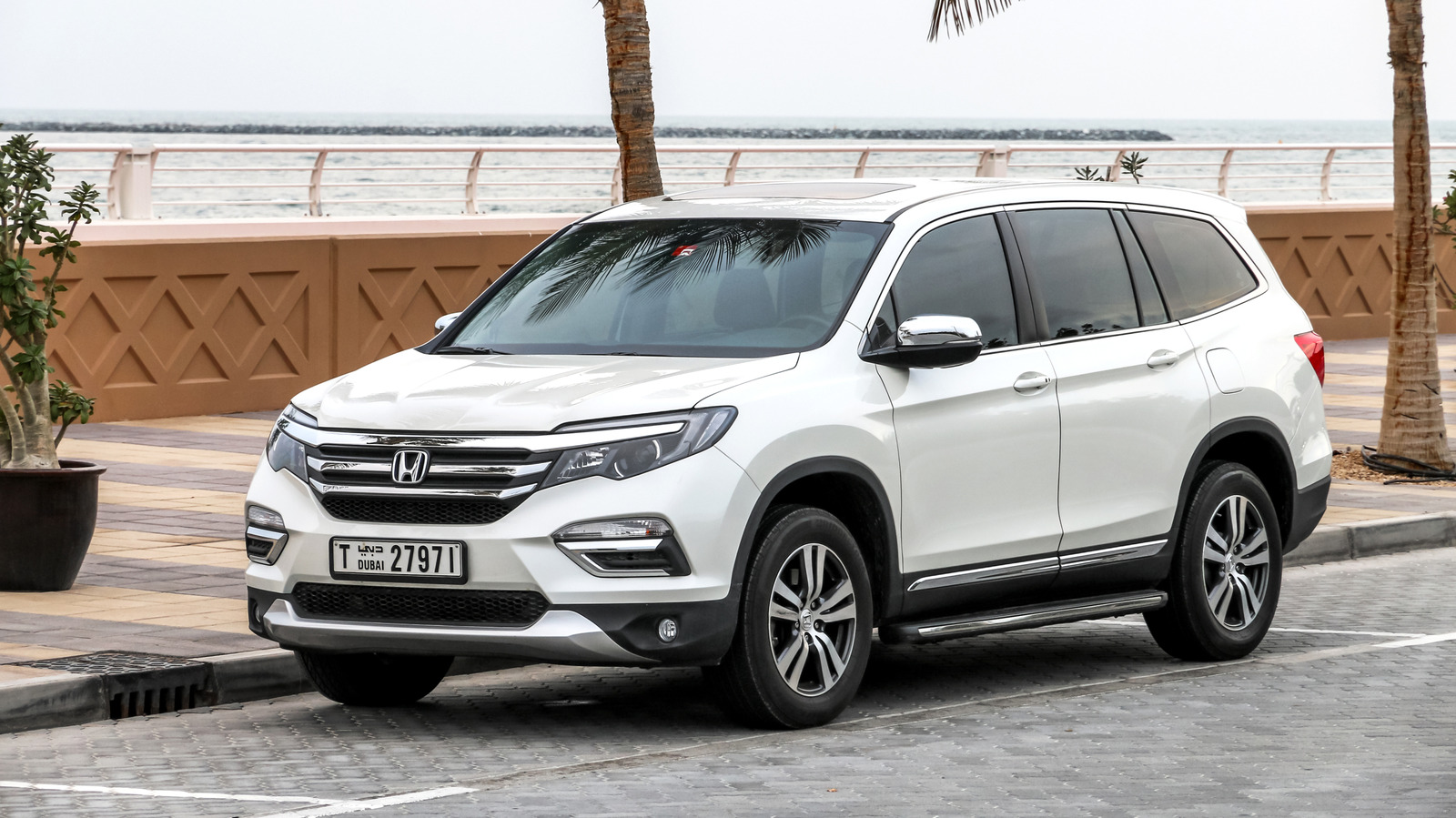

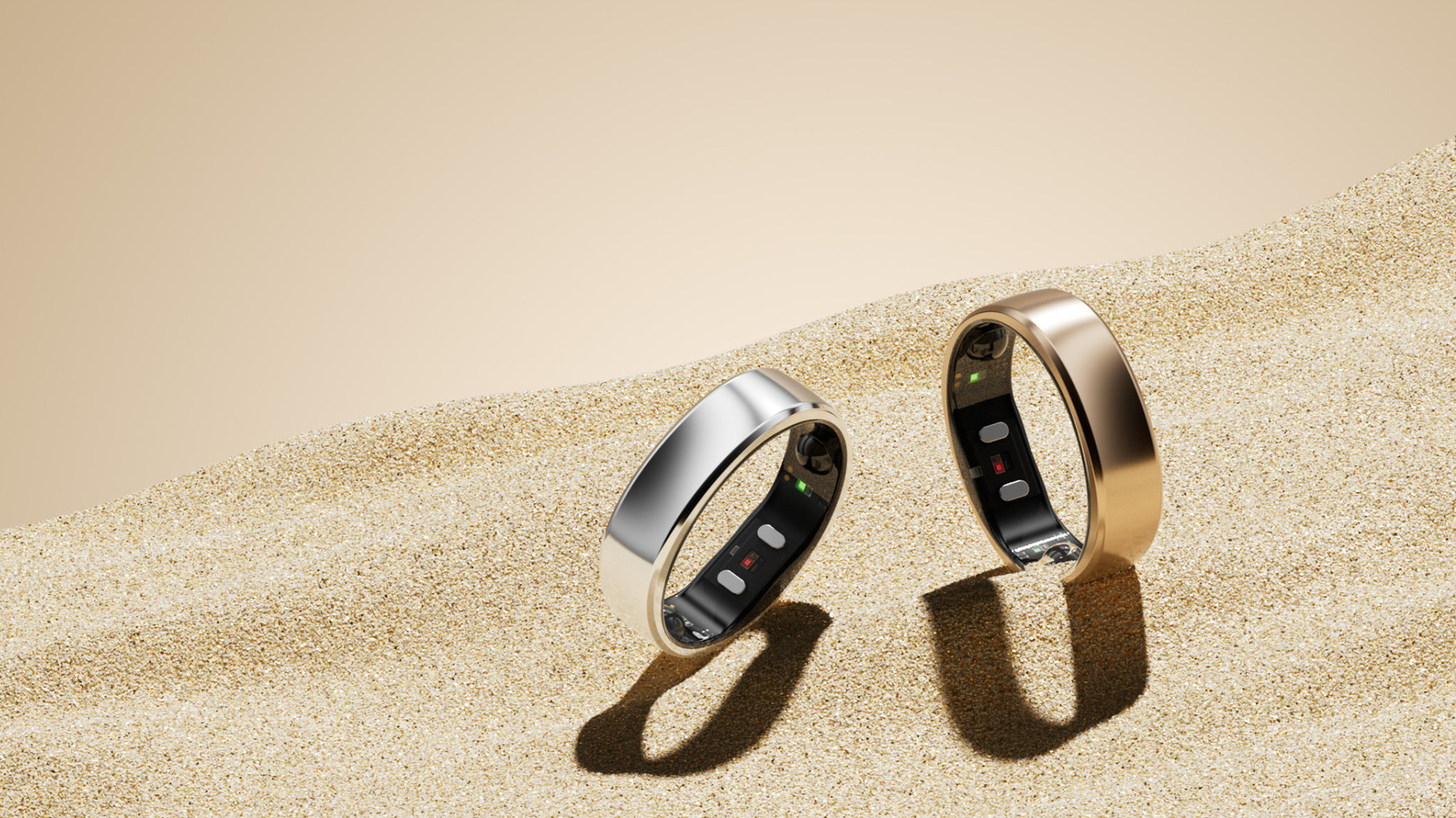














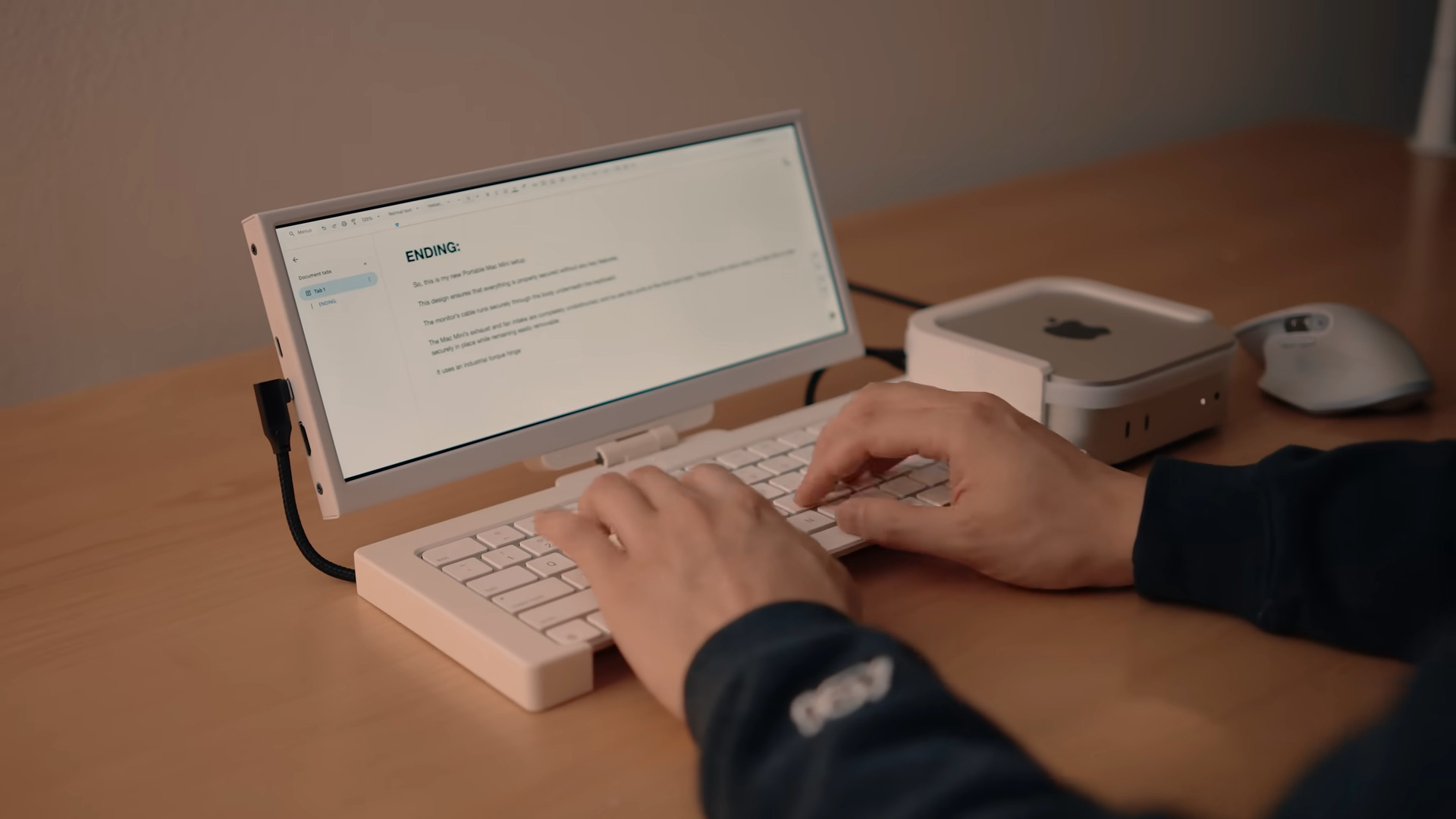






















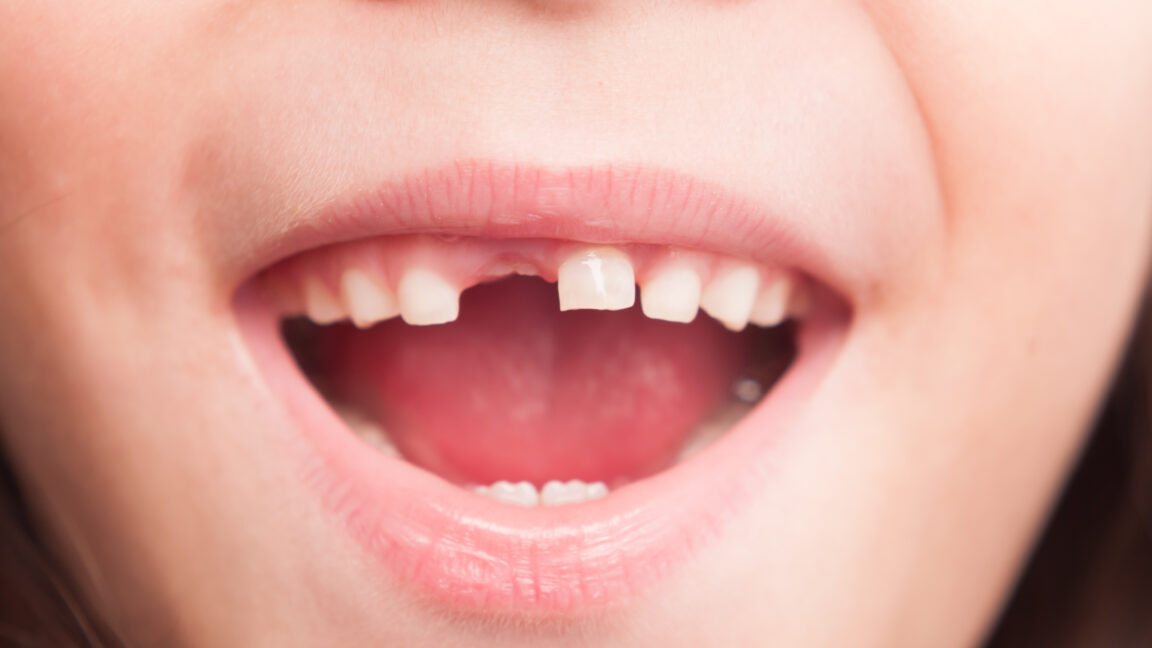

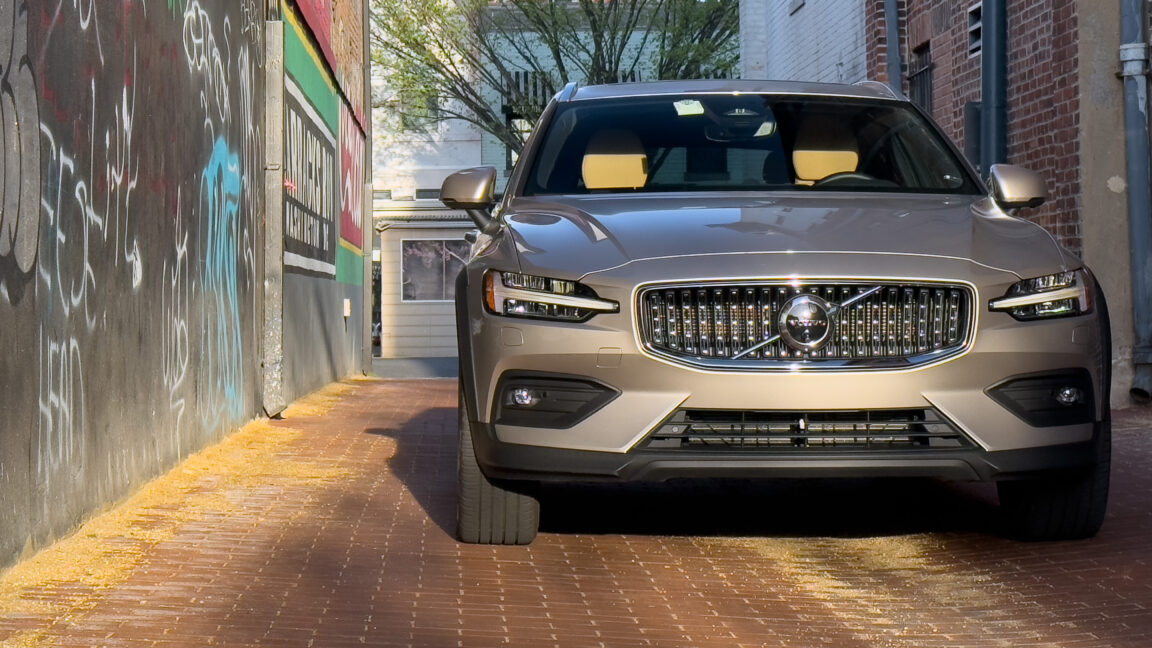

-xl-(1)-xl-xl.jpg)


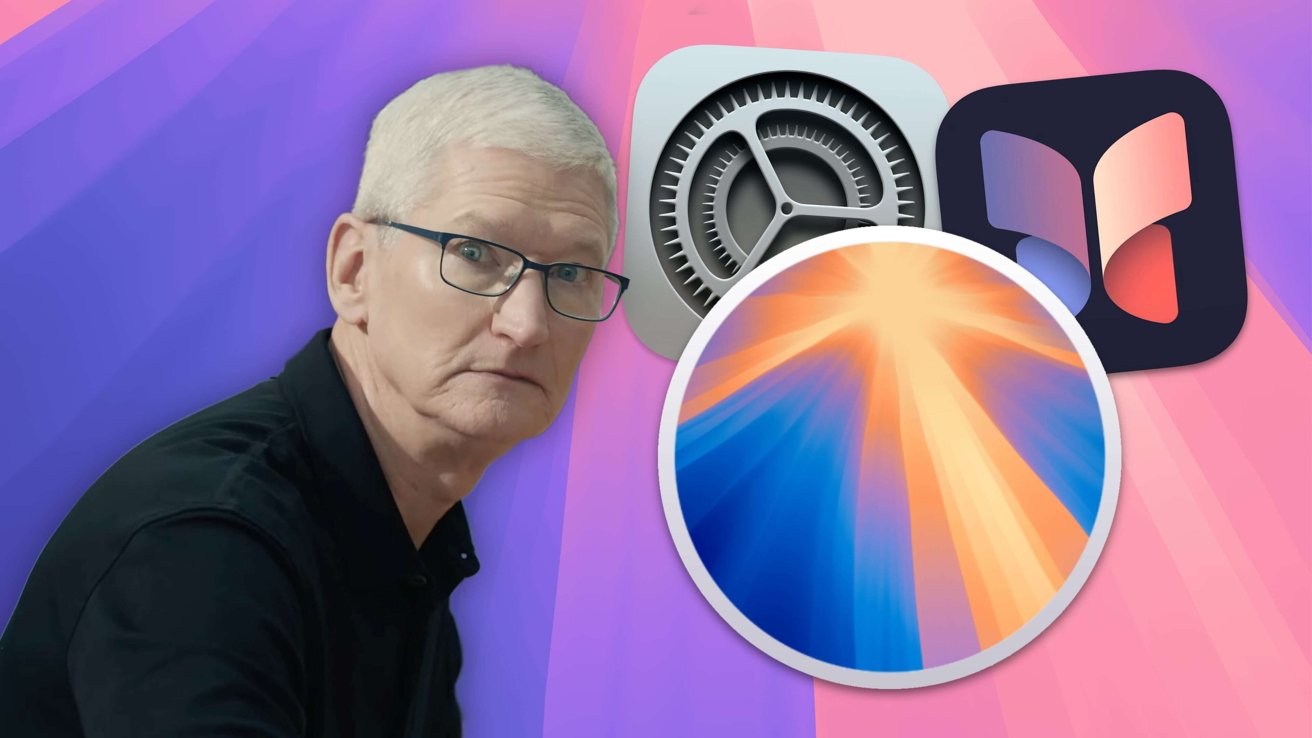
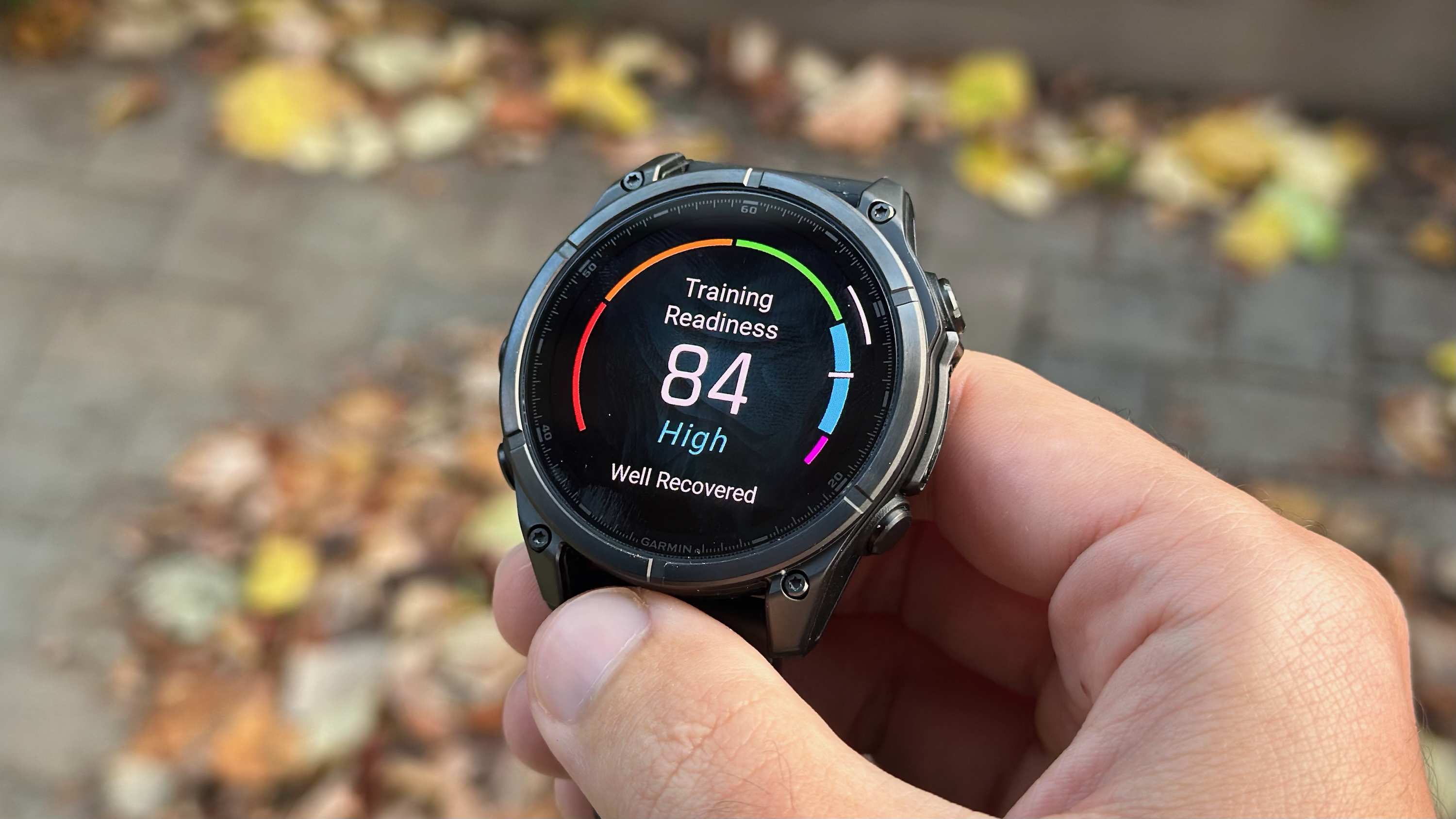
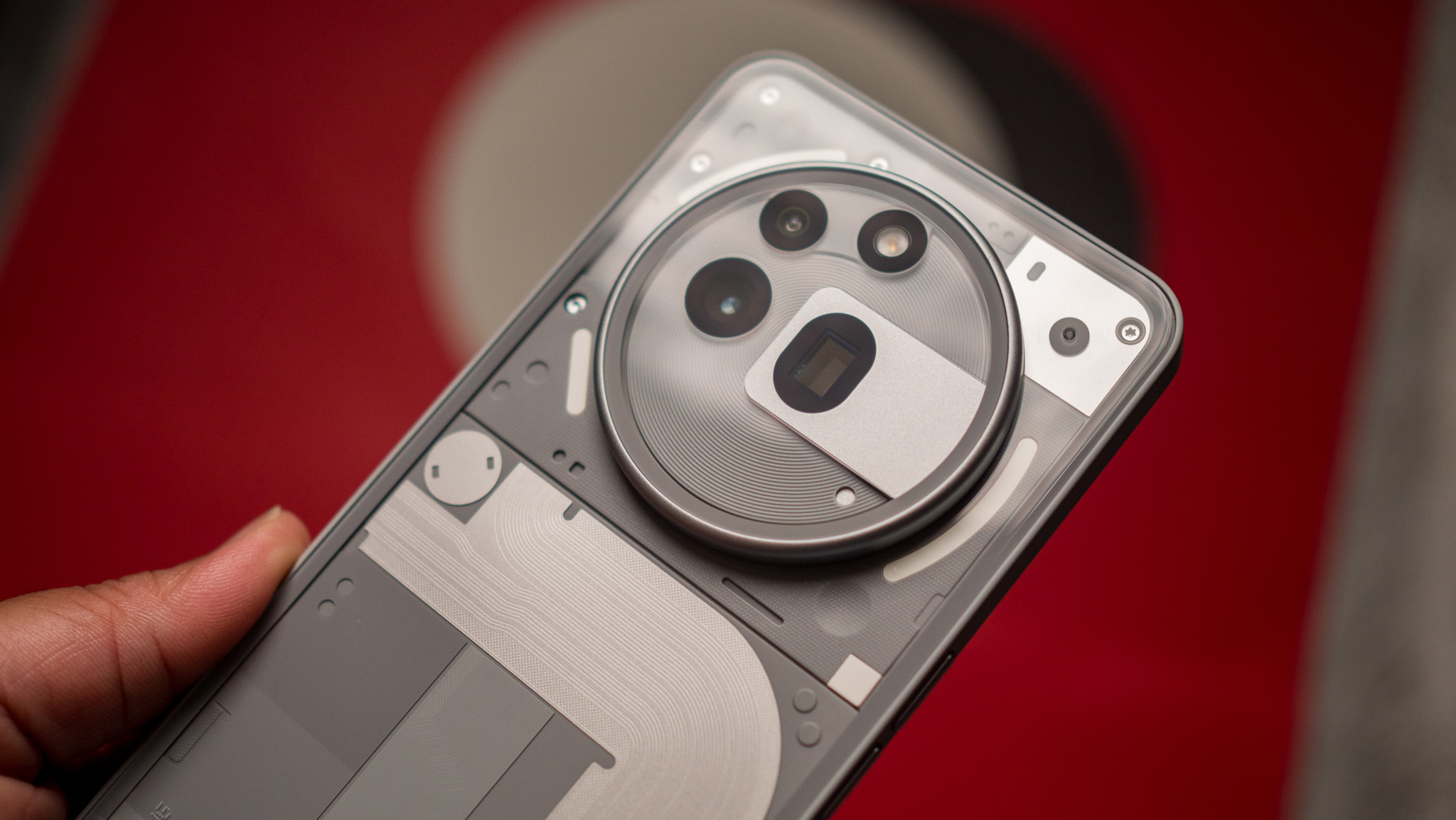
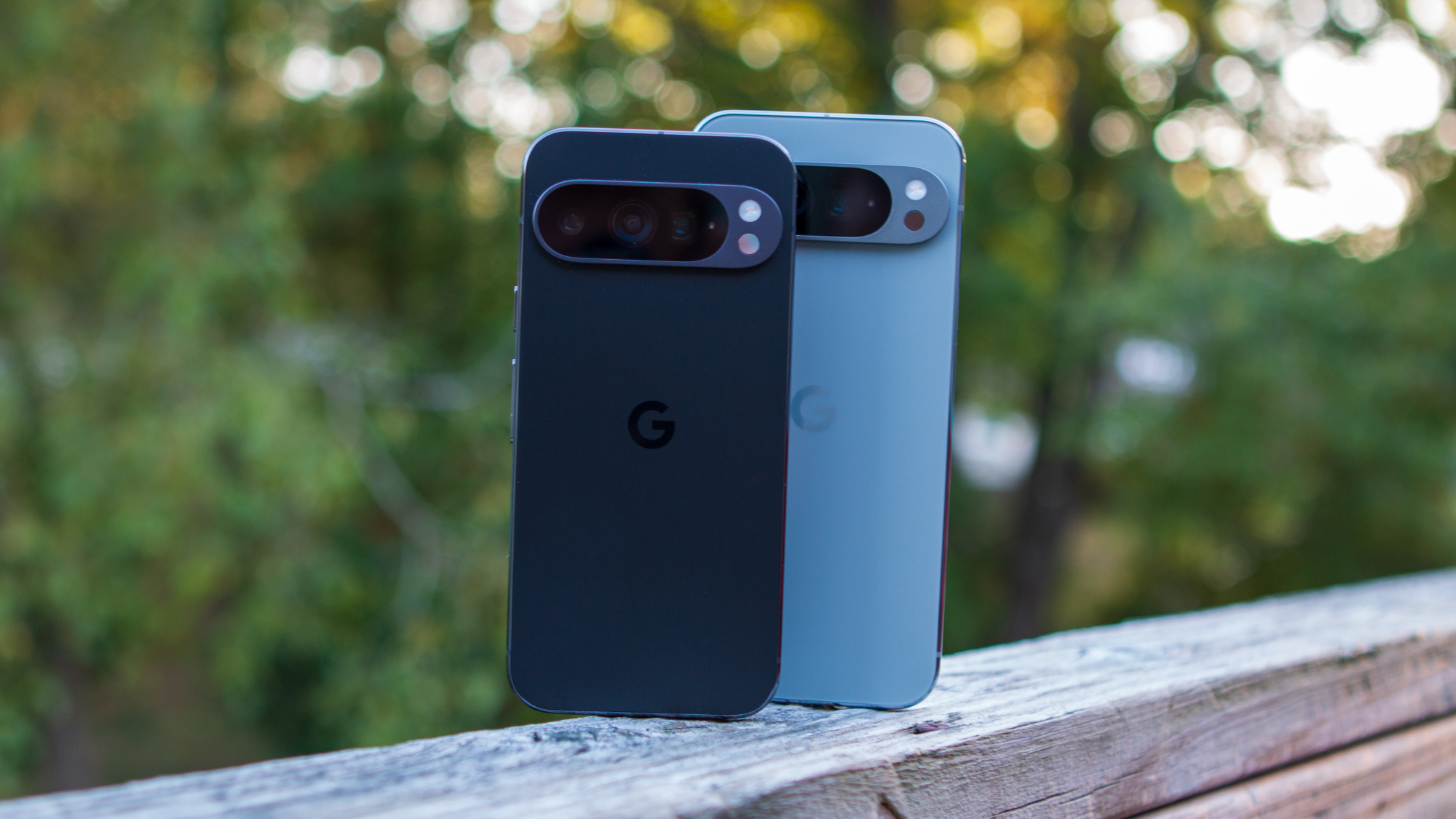
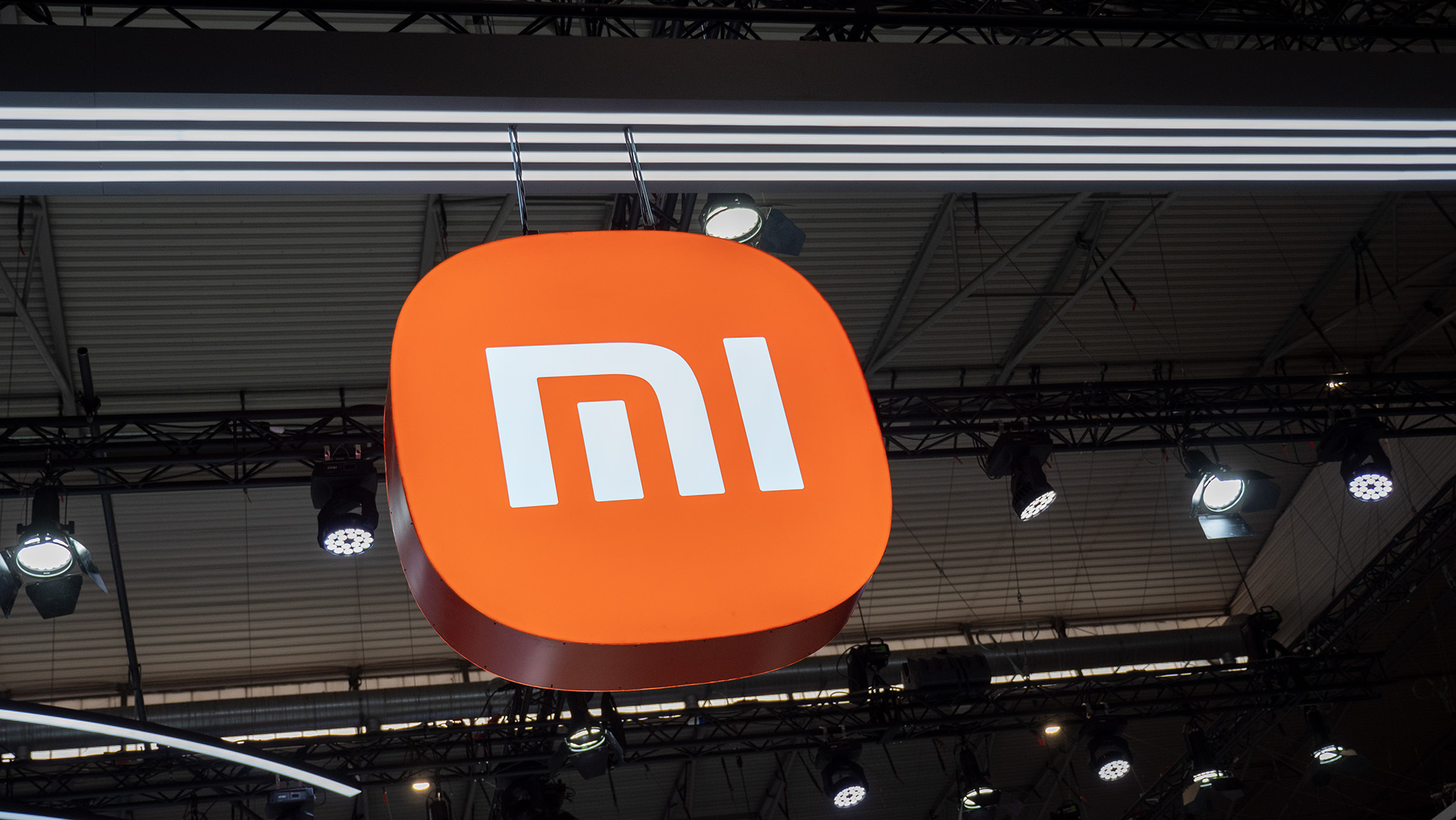
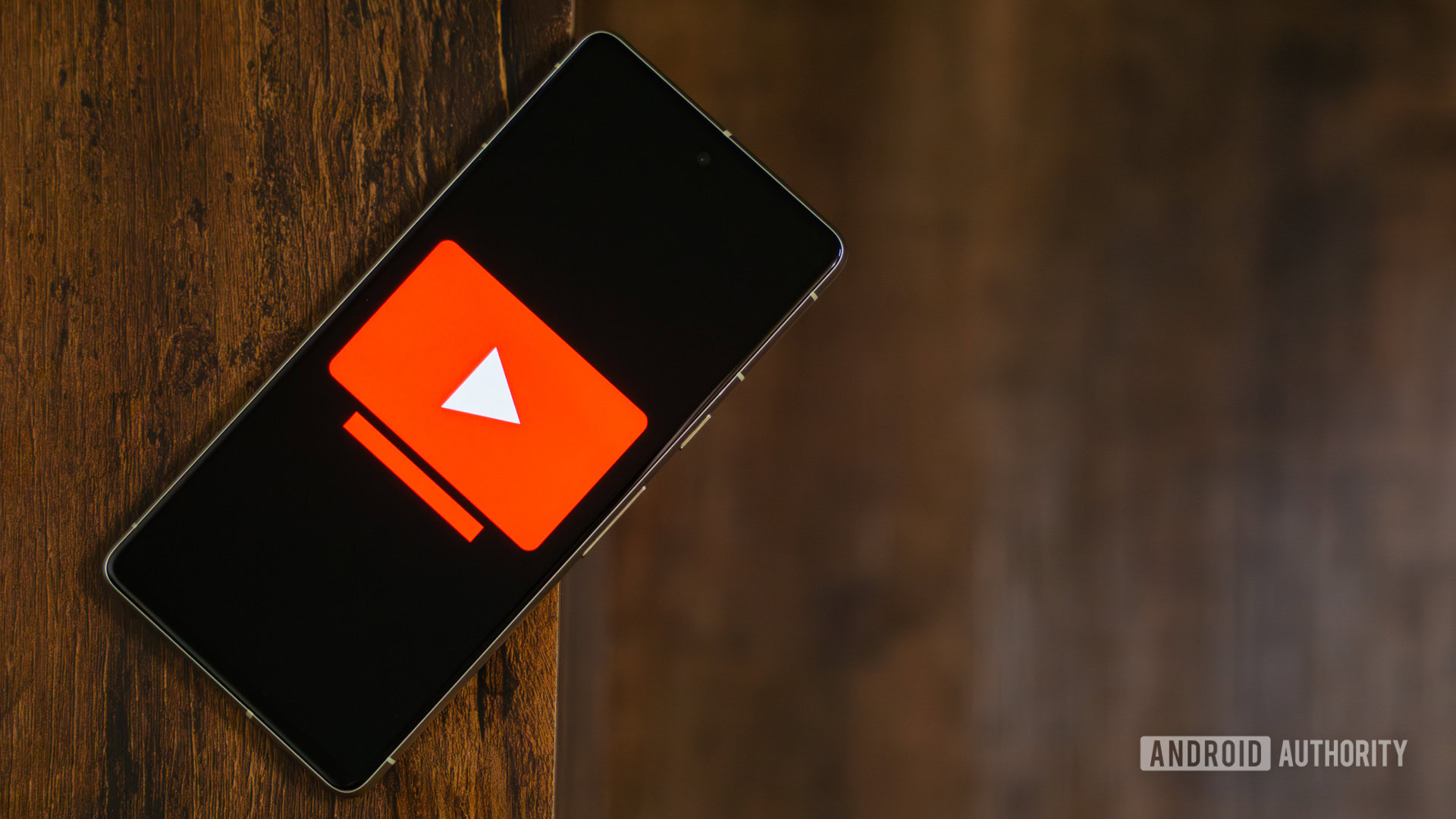

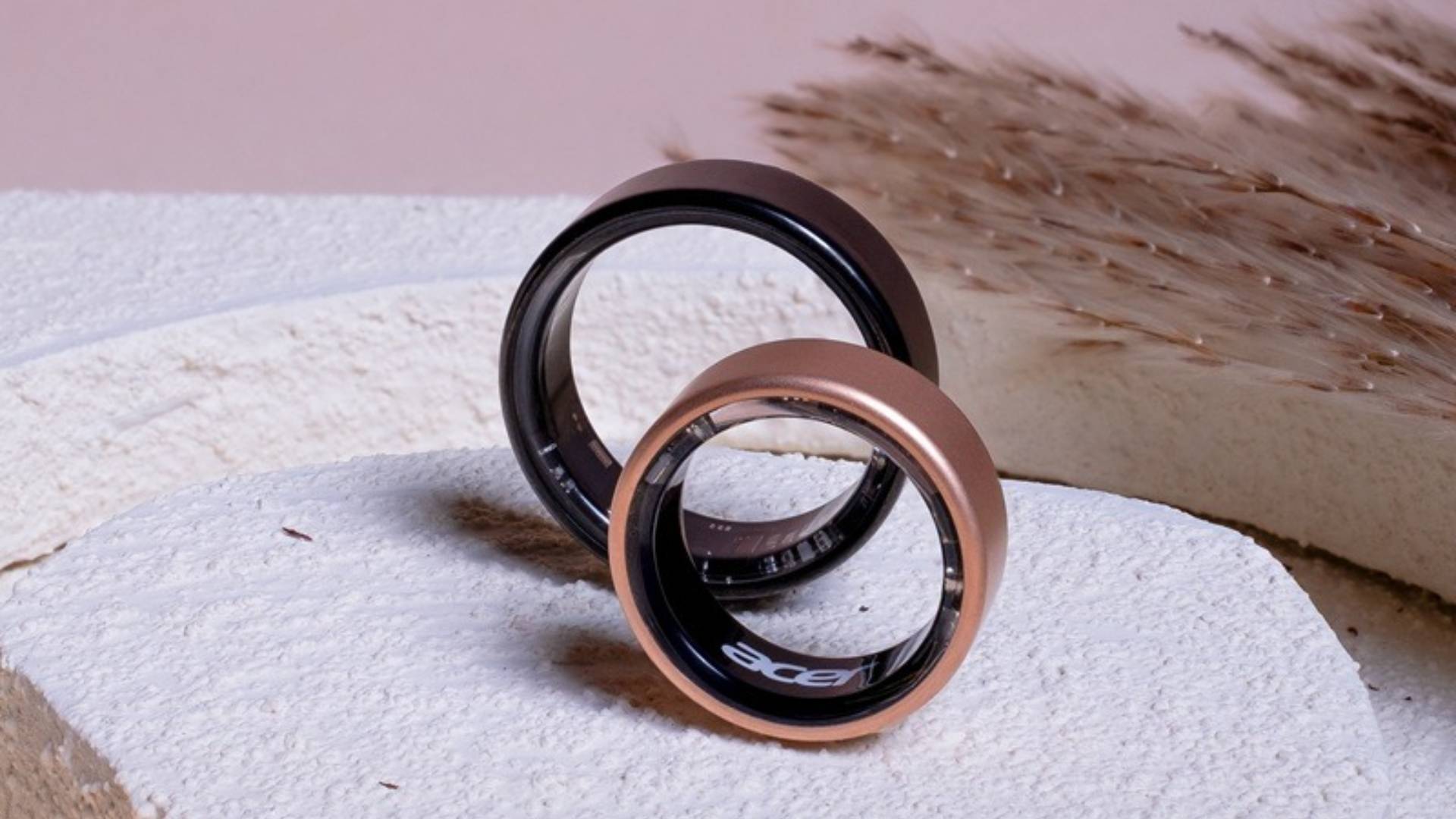
![‘Apple in China’ book argues that the iPhone could be killed overnight [Updated]](https://i0.wp.com/9to5mac.com/wp-content/uploads/sites/6/2025/05/Apple-in-China-review.jpg?resize=1200%2C628&quality=82&strip=all&ssl=1)





![What’s new in Android’s May 2025 Google System Updates [U: 5/16]](https://i0.wp.com/9to5google.com/wp-content/uploads/sites/4/2025/01/google-play-services-1.jpg?resize=1200%2C628&quality=82&strip=all&ssl=1)







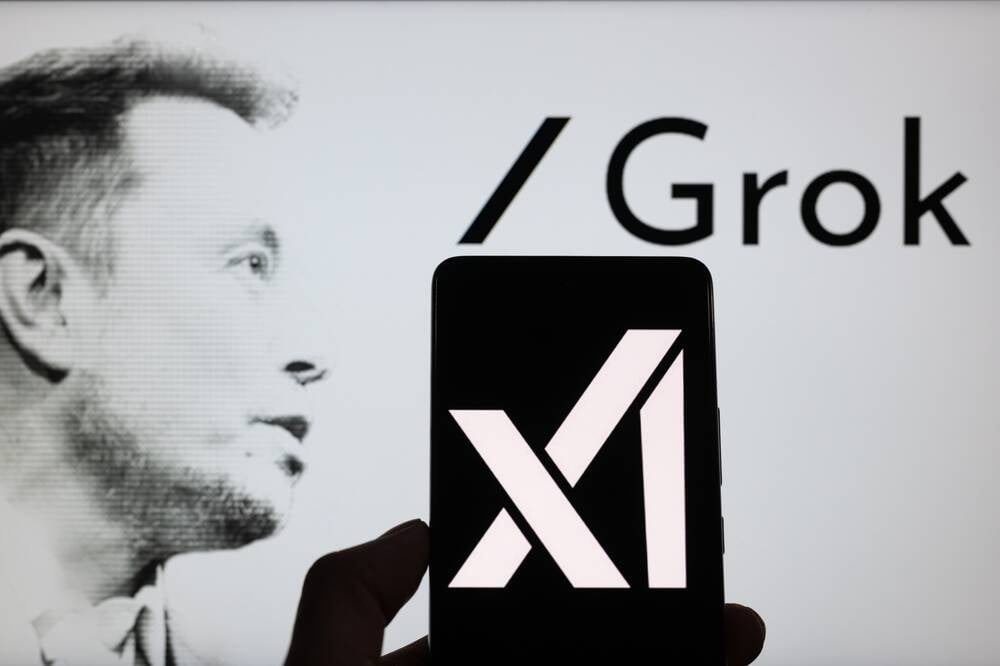



![iPhone 17 Air Could Get a Boost From TDK's New Silicon Battery Tech [Report]](https://www.iclarified.com/images/news/97344/97344/97344-640.jpg)
![Vision Pro Owners Say They Regret $3,500 Purchase [WSJ]](https://www.iclarified.com/images/news/97347/97347/97347-640.jpg)
![Apple Showcases 'Magnifier on Mac' and 'Music Haptics' Accessibility Features [Video]](https://www.iclarified.com/images/news/97343/97343/97343-640.jpg)
![Sony WH-1000XM6 Unveiled With Smarter Noise Canceling and Studio-Tuned Sound [Video]](https://www.iclarified.com/images/news/97341/97341/97341-640.jpg)













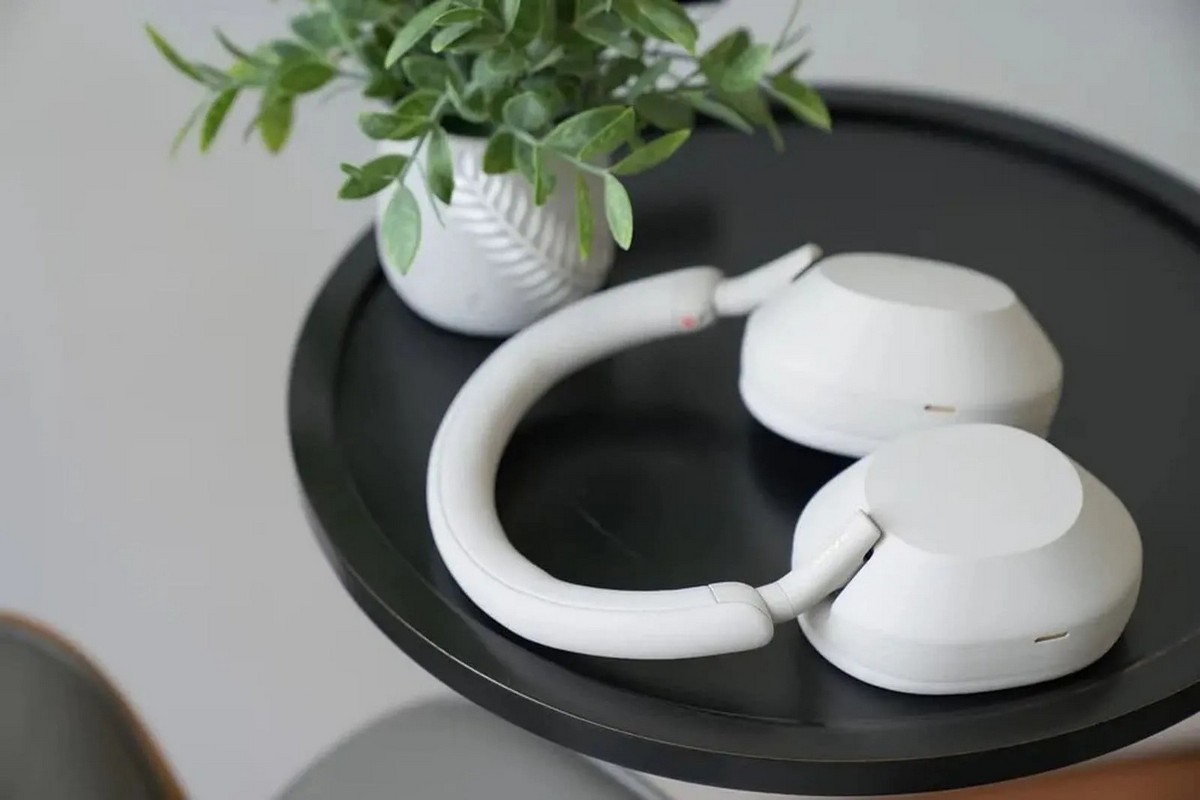











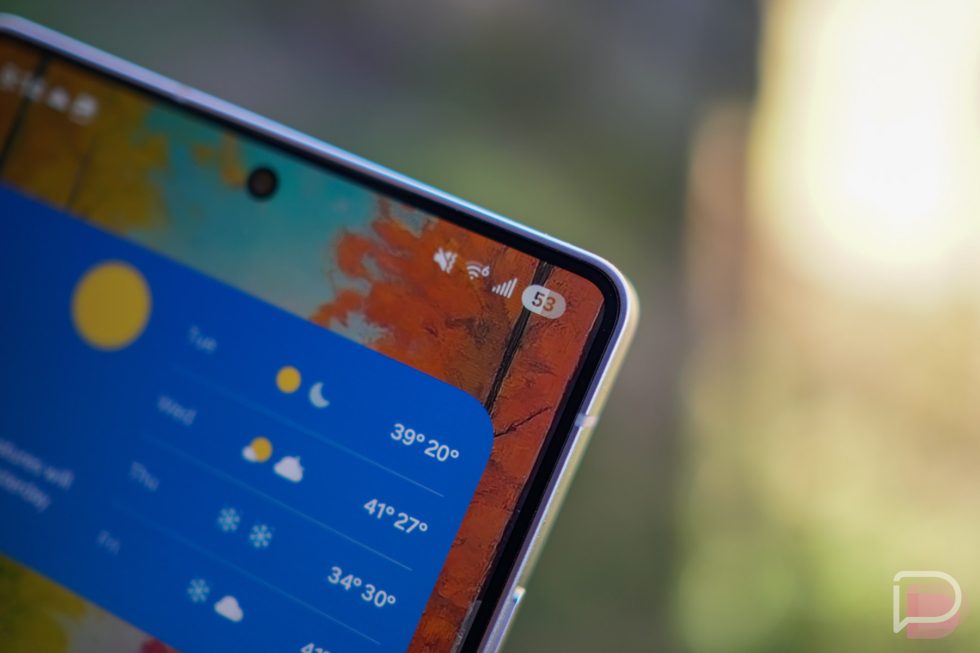
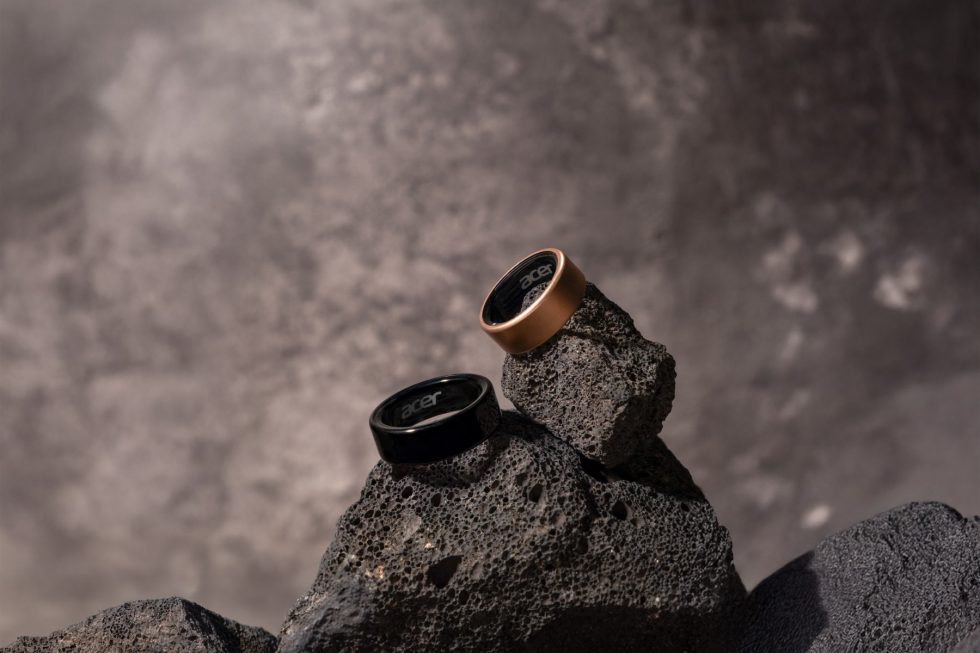















![Apple Stops Signing iPadOS 17.7.7 After Reports of App Login Issues [Updated]](https://images.macrumors.com/t/DoYicdwGvOHw-VKkuNvoxYs3pfo=/1920x/article-new/2023/06/ipados-17.jpg)

![Apple Pay, Apple Card, Wallet and Apple Cash Currently Experiencing Service Issues [Update: Fixed]](https://images.macrumors.com/t/RQPLZ_3_iMyj3evjsWnMLVwPdyA=/1600x/article-new/2023/11/apple-pay-feature-dynamic-island.jpg)






